Tortoiseshell cats, with their captivating blend of black, orange, and sometimes white fur, are not only visually striking but also carry unique genetic traits that can impact their health. Beyond their distinctive coat patterns, cat owners need to be aware of the specific health problems that can affect tortoiseshell cats. From the genetic complexities influencing their sex to common health issues shared with other felines, such as dental disease and obesity, tortoiseshell cats present a fascinating intersection of genetics and health concerns. In this article, we’ll delve into the intricacies of tortoiseshell cat health problems, exploring both the genetic makeup and common health issues that can affect these vibrant and spirited feline companions.
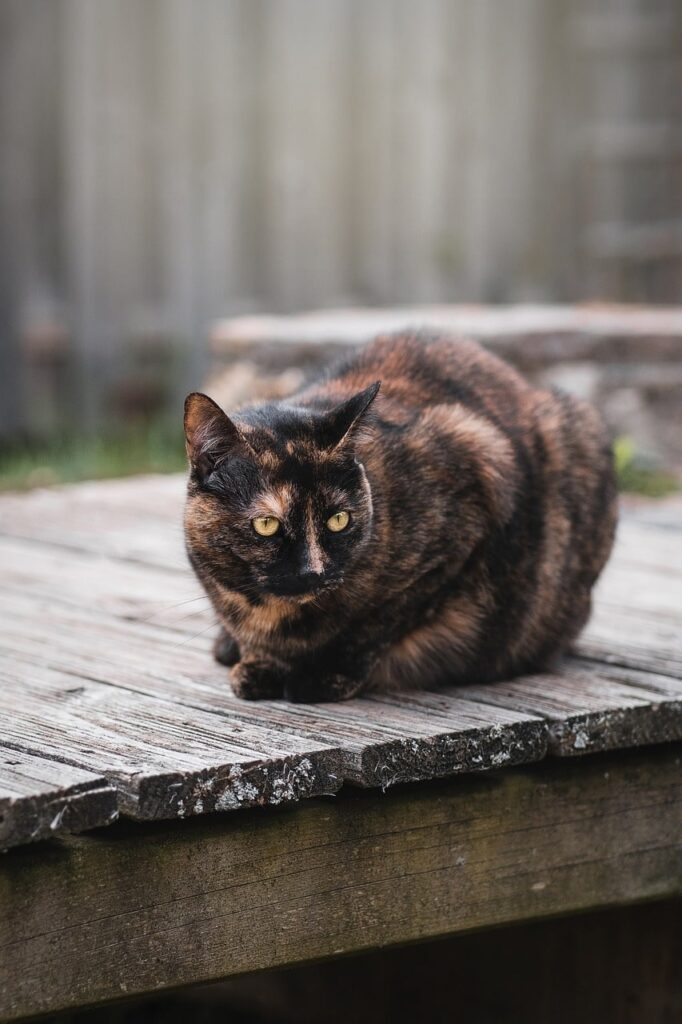
Genetic Makeup and Sex-Linked Traits
Tortoiseshell cats boast a mesmerizing coat pattern that’s not just visually stunning but also intricately linked to their genetic composition. The distinctive blend of black, orange, and white fur is a result of specific genetic factors governing coat coloration.
Explanation of the Genetic Basis:
The tortoiseshell coat pattern is primarily influenced by genes located on the X chromosome. Specifically, two genes—O and B—determine the distribution of black and orange pigment in the fur. Due to the random inactivation of one X chromosome in each cell during embryonic development, patches of black and orange fur emerge, creating the characteristic tortoiseshell pattern.
Why Almost All Tortoiseshell Cats are Female:
Since the gene responsible for orange fur is located on the X chromosome, female cats with two X chromosomes (XX) have the potential to express both black and orange colors, resulting in the tortoiseshell pattern. However, male cats have only one X chromosome (XY), limiting their ability to display the tortoiseshell pattern. As a result, the vast majority of tortoiseshell cats are female.
Rare Male Tortoiseshell Cats and Klinefelter Syndrome:
While male tortoiseshell cats are exceptionally rare, they do exist and typically possess an extra X chromosome (XXY), a condition known as Klinefelter syndrome. This genetic anomaly can lead to various health challenges, including sterility and an increased risk of certain diseases such as diabetes and heart disease. Understanding the genetic complexities behind tortoiseshell cats sheds light on their unique characteristics and potential health concerns.
Health Problems in Male Tortoiseshell Cats
Male tortoiseshell cats, while rare, face unique health challenges due to their genetic makeup, notably Klinefelter syndrome. This condition, characterized by an extra X chromosome (XXY), significantly impacts their health and well-being.
Detailed Description of Klinefelter Syndrome:
Klinefelter syndrome is a genetic disorder that occurs when a male has an extra X chromosome, resulting in a karyotype of XXY instead of the typical XY. This chromosomal abnormality can lead to a range of physical and developmental issues, including infertility and an increased susceptibility to certain health conditions.
Specific Health Problems
Sterility:
Male tortoiseshell cats with Klinefelter syndrome are typically sterile due to abnormalities in their reproductive system. This means they are unable to produce viable sperm, making natural reproduction impossible.
Increased Risk of Diabetes:
Cats with Klinefelter syndrome, including male tortoiseshell cats, are at a higher risk of developing diabetes mellitus. This metabolic disorder affects the body’s ability to regulate blood sugar levels and can lead to symptoms such as increased thirst, frequent urination, and weight loss if left untreated.
Increased Risk of Heart Disease:
Klinefelter syndrome has been associated with an elevated risk of heart disease, including cardiomyopathy, in male cats. Cardiomyopathy is a condition characterized by abnormalities in the structure and function of the heart muscle, which can impair the heart’s ability to pump blood effectively.
Understanding the specific health problems associated with male tortoiseshell cats, particularly those with Klinefelter syndrome, is crucial for providing appropriate veterinary care and ensuring their quality of life. Regular health monitoring and proactive management of underlying conditions can help mitigate potential health risks and support the well-being of these unique feline companions.
Common Health Issues in Tortoiseshell Cats
Tortoiseshell cats, like all felines, are susceptible to various health issues that can impact their well-being. Understanding these common health concerns is essential for providing the best possible care for your beloved tortoiseshell companion.
1. Dental Disease:
Tortoiseshell cats are prone to dental problems such as periodontal disease, gingivitis, and tooth decay. Regular dental care, including daily tooth brushing and annual professional cleanings by a veterinarian, is crucial for maintaining oral health and preventing dental issues.
2. Obesity:
Obesity is a significant health concern for tortoiseshell cats, as it can lead to various health problems such as diabetes, arthritis, and heart disease. To prevent obesity, it’s important to provide a balanced diet, portion control, and regular exercise. Monitoring your cat’s weight and body condition regularly can help identify and address weight gain early.
3. Kidney Disease:
As cats age, they are at increased risk of developing kidney disease, a common condition in older felines. Regular veterinary check-ups, including blood tests and urine analysis, are essential for early detection of kidney disease. Managing kidney disease may involve dietary changes, medication, and supportive care to maintain kidney function and quality of life.
4. Hyperthyroidism:
Hyperthyroidism is another common health issue in older cats, including tortoiseshells. This condition occurs when the thyroid gland produces an excess of thyroid hormones, leading to symptoms such as weight loss, increased appetite, restlessness, and vomiting. Treatment options may include medication, dietary management, or radioiodine therapy to regulate thyroid function and alleviate symptoms.
By being aware of these common health issues and implementing preventive measures and early intervention when necessary, you can help ensure that your tortoiseshell cat enjoys a long, happy, and healthy life. Regular veterinary check-ups and open communication with your veterinarian are key to addressing any health concerns promptly and effectively.
Behavioral Considerations
Tortoiseshell cats are renowned for their spirited and unique personalities, often affectionately referred to as “tortitude.” Understanding their distinctive behavioral traits is essential for providing a nurturing and supportive environment for these colorful feline companions.
Description of Distinctive Personality Traits:
They possess a feisty and vocal demeanor, displaying a wide range of emotions that can include affectionate cuddles one moment and sassy defiance the next. This combination of confidence, curiosity, and assertiveness contributes to their endearing charm and earns them the reputation of having “tortitude.”
Potential Impact of Higher Stress Levels on Health:
While their spirited personality traits make tortoiseshell cats captivating companions, they can also be more susceptible to stress compared to other feline breeds. Stressful environments or changes in routine can negatively impact their overall well-being, leading to behavioral issues, health problems, and a reduced quality of life. Chronic stress may manifest in various ways, including aggression, excessive grooming, or urinary tract issues.
Tips for Creating a Stress-Free Environment:
Creating a calm and stress-free environment is essential for promoting the health and happiness of tortoiseshell cats:
- Consistent Routine: Establishing a predictable daily routine can help minimize stress and provide a sense of security for your tortoiseshell cat.
- Environmental Enrichment: Providing stimulating toys, scratching posts, and climbing structures can help alleviate boredom and satisfy their instincts.
- Safe Haven: Designate a quiet retreat where your cat can retreat to when feeling overwhelmed or anxious.
- Positive Reinforcement: Use rewards and praise to encourage desirable behaviors and build trust and confidence in your relationship.
- Veterinary Care: Regular veterinary check-ups are essential for monitoring your cat’s health and addressing any medical concerns or behavioral issues promptly.
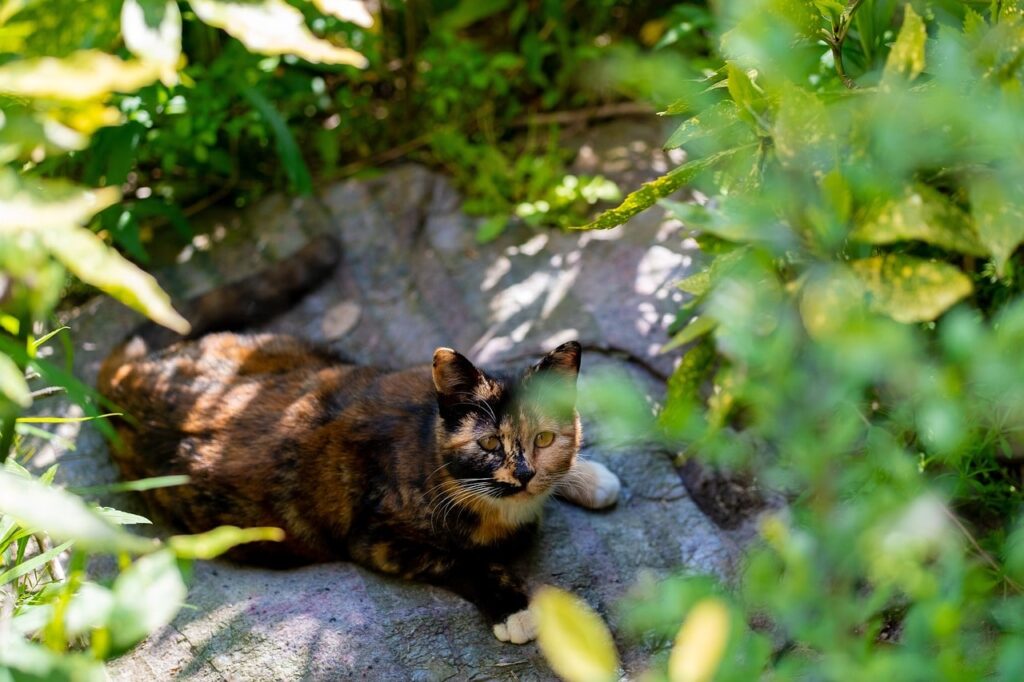
By understanding and respecting the unique personality traits of tortoiseshell cats and taking proactive steps to create a stress-free environment, you can foster a strong bond and ensure a happy and fulfilling life for your spirited feline companion.
Routine Health Care for Tortoiseshell Cats
Maintaining the health and well-being of your tortoiseshell cat requires proactive and comprehensive veterinary care. By prioritizing routine healthcare measures, you can help prevent infectious diseases, control parasites, and detect potential health issues early, ensuring a long and happy life for your beloved feline companion.
1. Importance of Vaccinations:
Vaccinations are essential for protecting tortoiseshell cats against common infectious diseases such as feline viral rhinotracheitis, calicivirus, panleukopenia, and rabies. These vaccinations help stimulate the immune system to recognize and fight off harmful pathogens, reducing the risk of serious illness or death. It’s important to adhere to a vaccination schedule recommended by your veterinarian to ensure optimal protection throughout your cat’s life.
2. Necessity of Parasite Control:
Parasites such as fleas, ticks, and intestinal worms pose a threat to the health and well-being of tortoiseshell cats. Fleas and ticks can transmit diseases and cause skin irritation, while intestinal worms can lead to gastrointestinal issues and nutrient deficiencies. Regular use of preventive medications, such as topical spot-on treatments or oral medications, can effectively control parasites and minimize the risk of infestation. Additionally, practicing good hygiene and keeping your cat’s living environment clean can further reduce the risk of parasitic infections.
3. Regular Veterinary Check-ups:
Regular veterinary check-ups are critical for monitoring the overall health of your tortoiseshell cat and detecting any underlying medical issues early. During these check-ups, your veterinarian will perform a comprehensive physical examination, assess your cat’s weight and body condition, and discuss any concerns or changes in behavior. Blood tests, urine analysis, and other diagnostic tests may be recommended based on your cat’s age, health status, and risk factors. Early detection of health problems allows for prompt intervention and treatment, improving the prognosis and quality of life for your cat.
By prioritizing routine health care measures, including vaccinations, parasite control, and regular veterinary check-ups, you can help ensure that your tortoiseshell cat remains happy, healthy, and thriving for years to come. Your veterinarian is your partner in promoting your cat’s well-being, so don’t hesitate to reach out for guidance and support regarding your cat’s healthcare needs.
Conclusion on tortoiseshell cat health problems
Tortoiseshell cats, with their vibrant personalities and striking coat patterns, bring joy and companionship to countless households. However, like all pets, they are susceptible to various health problems that require proactive management and regular veterinary care.
From understanding the genetic complexities behind their coat patterns to addressing common health issues such as dental disease, obesity, kidney disease, and hyperthyroidism, tortoiseshell cat owners play a crucial role in safeguarding their feline companions’ well-being.
Emphasis on Proactive Health Care:
Proactive health care, including vaccinations, parasite control, and regular veterinary check-ups, is essential for preventing infectious diseases, controlling parasites, and detecting potential health issues early. By staying proactive and vigilant, tortoiseshell cat owners can help ensure their cats lead long, healthy, and fulfilling lives.
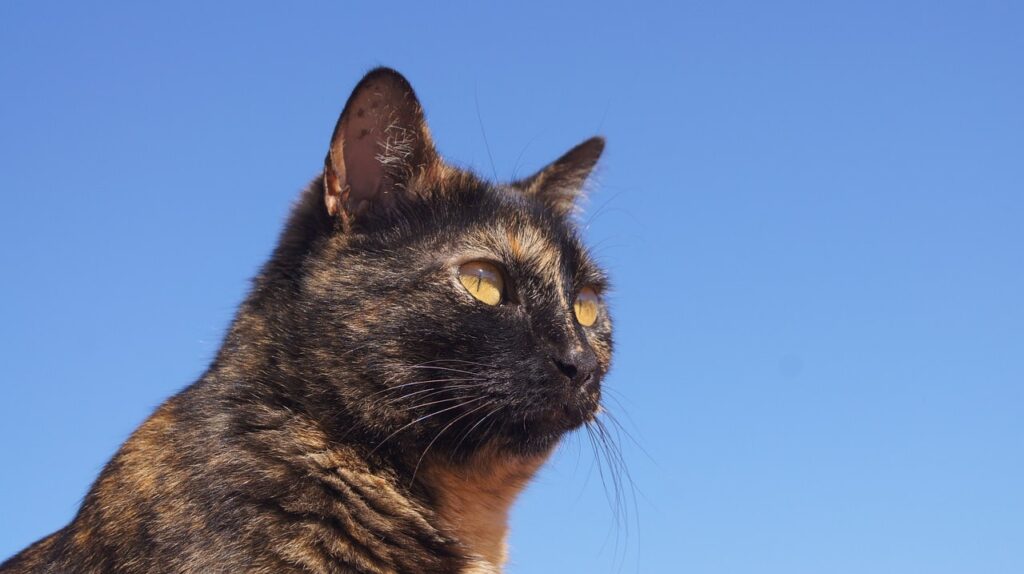
Encouragement for Informed Care:
Staying informed about tortoiseshell cat health problems and remaining vigilant about their cats’ health is paramount. Regularly monitoring for any changes in behavior or physical condition, and seeking prompt veterinary attention when needed, can make a significant difference in managing health issues effectively.
In conclusion, by prioritizing proactive health care and remaining informed and vigilant about their cats’ health, tortoiseshell cat owners can provide the best possible care for their cherished companions, ensuring many years of happiness and companionship together.
Read More:

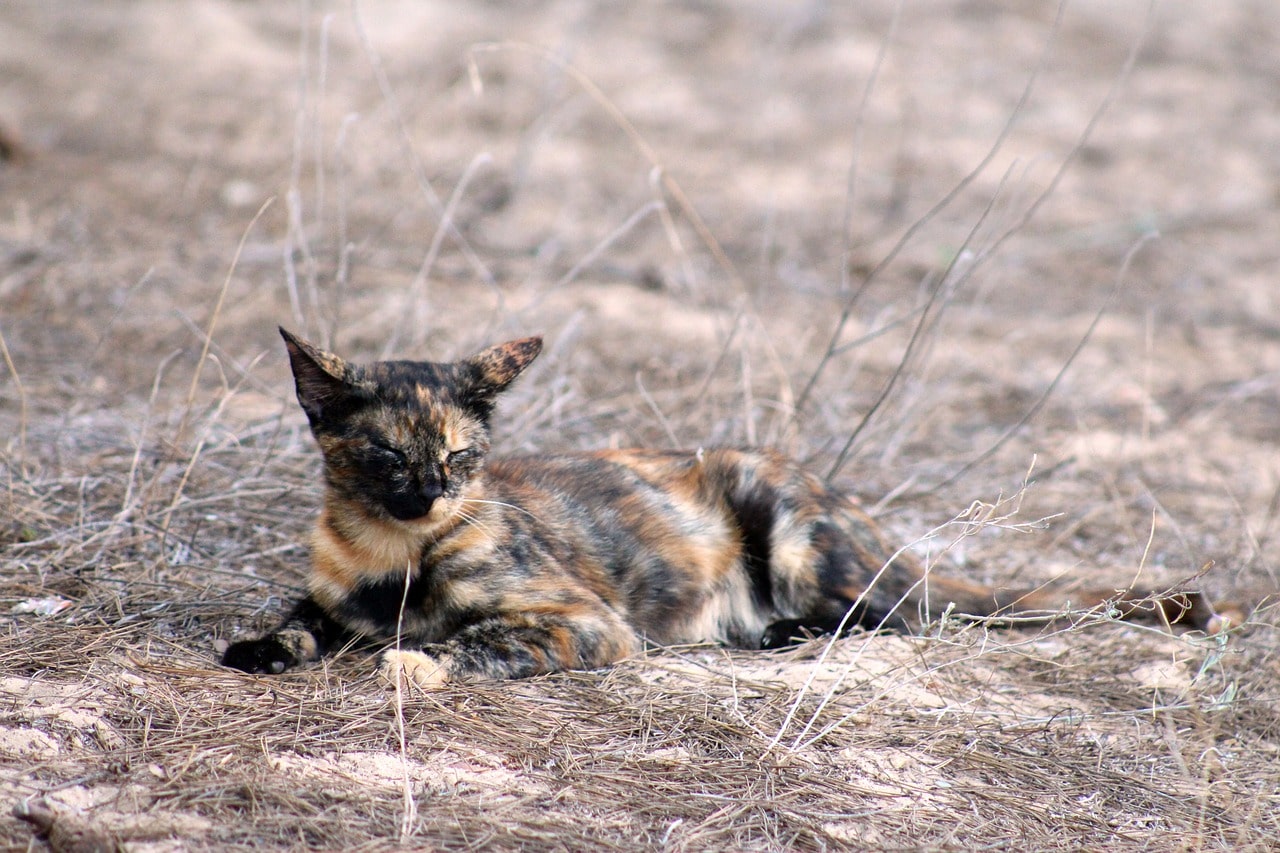

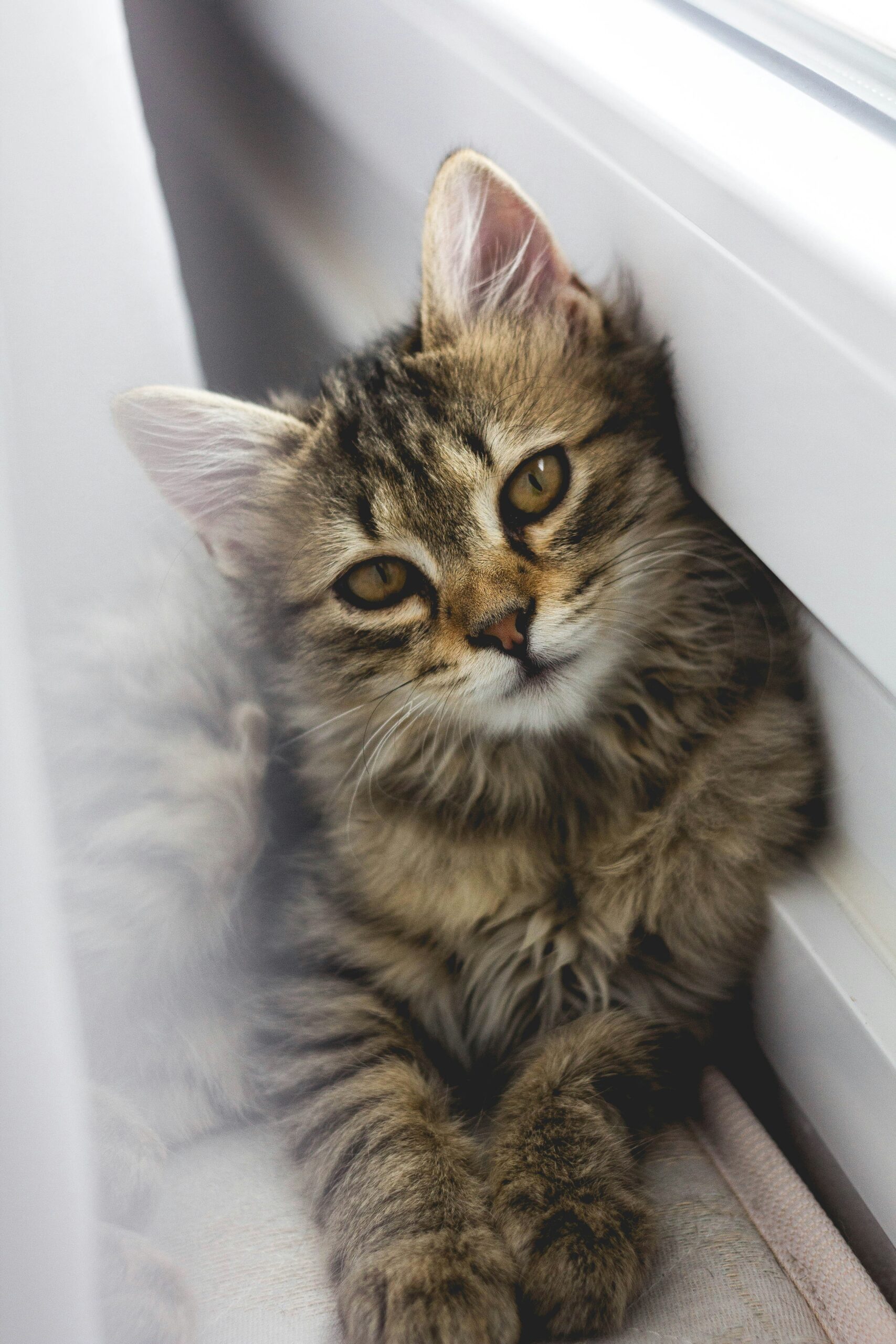
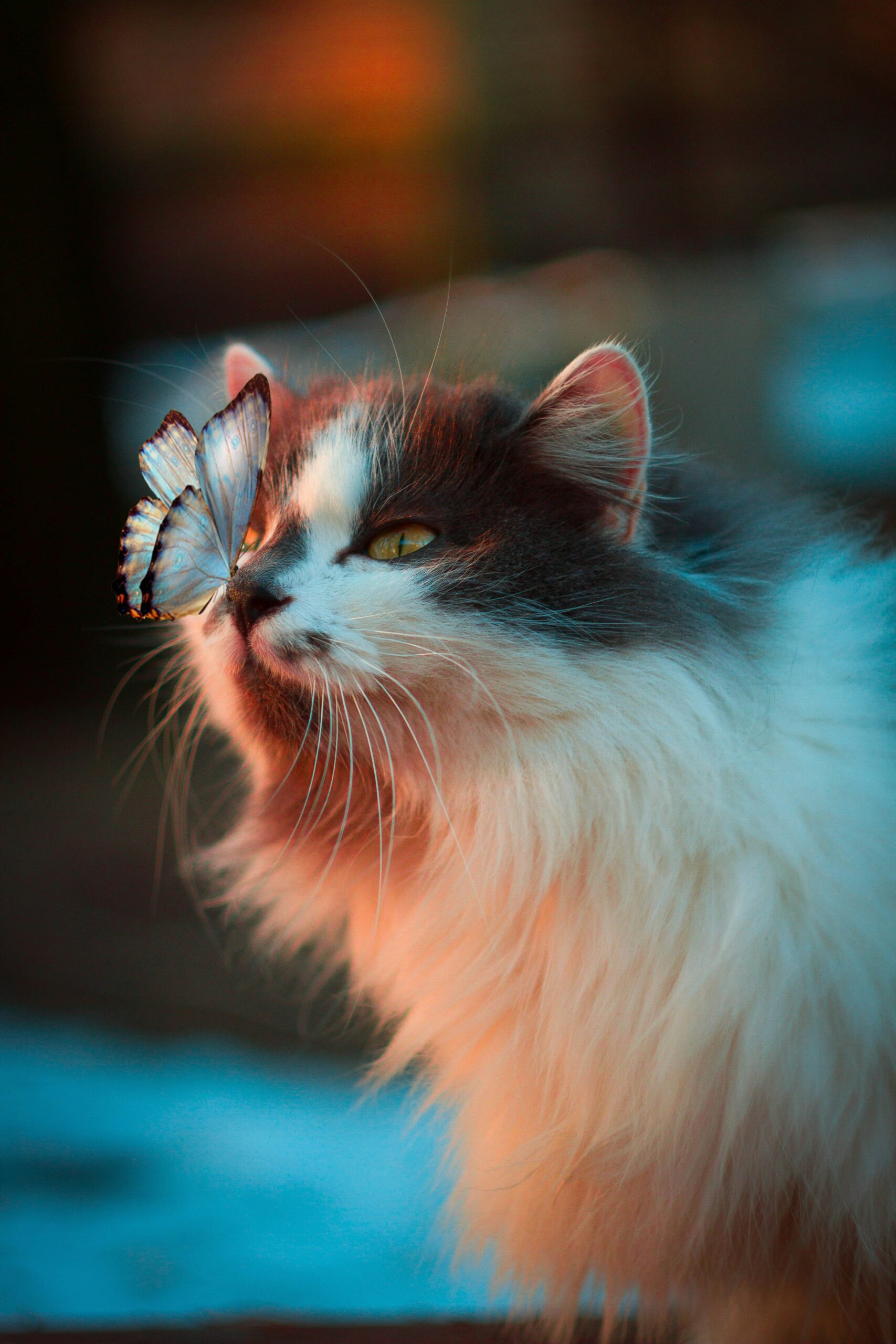
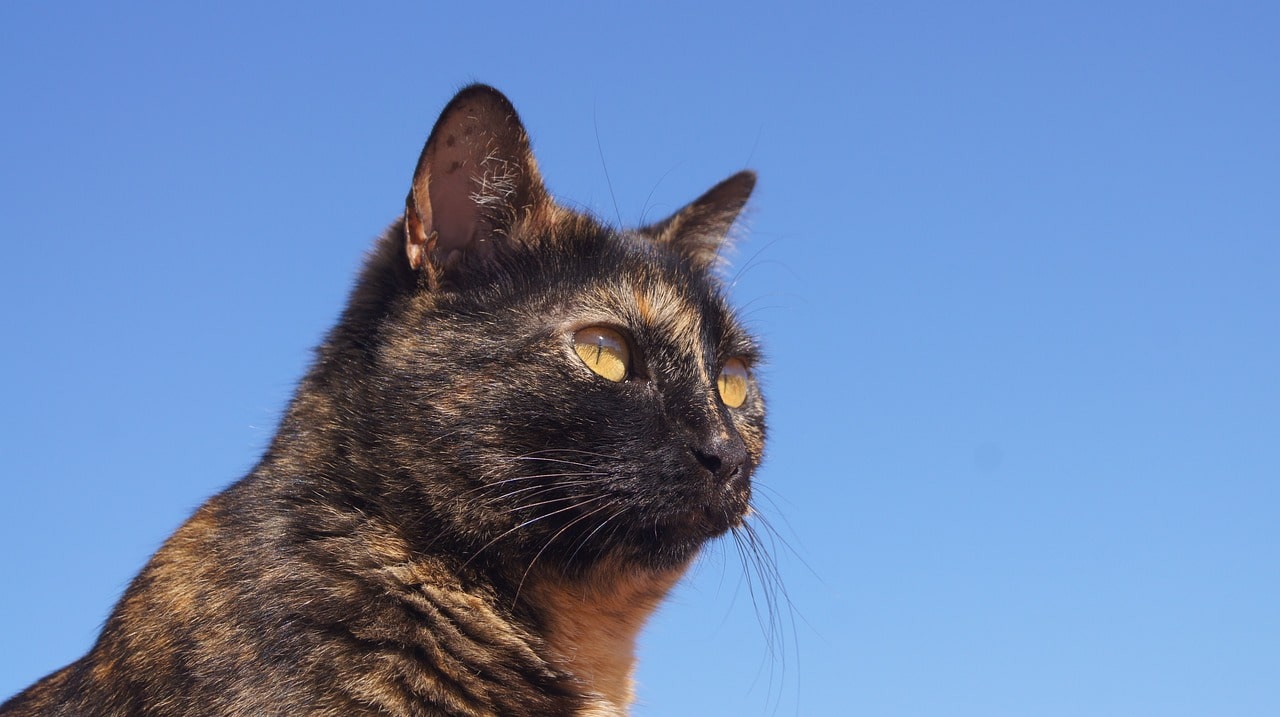


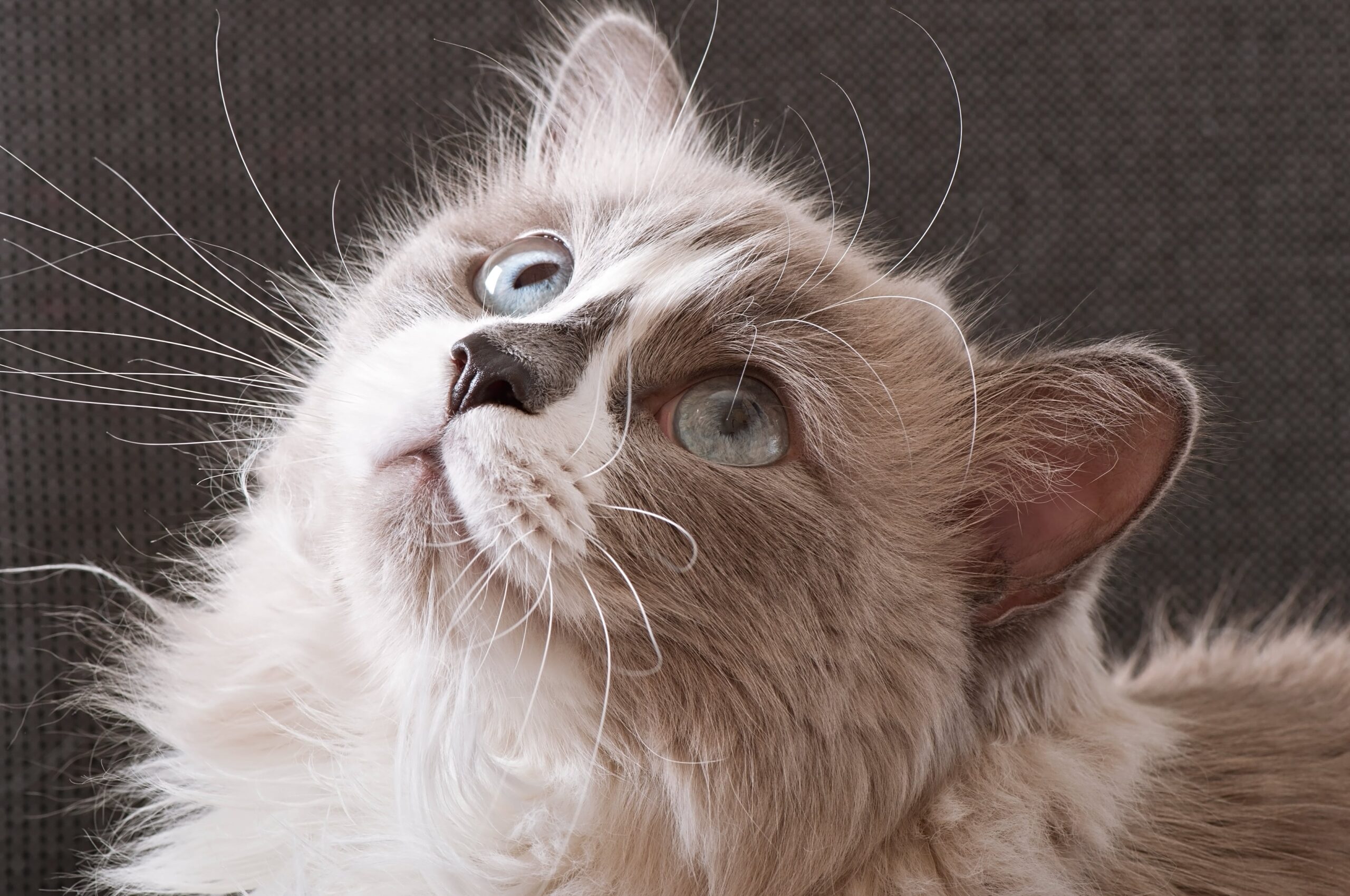

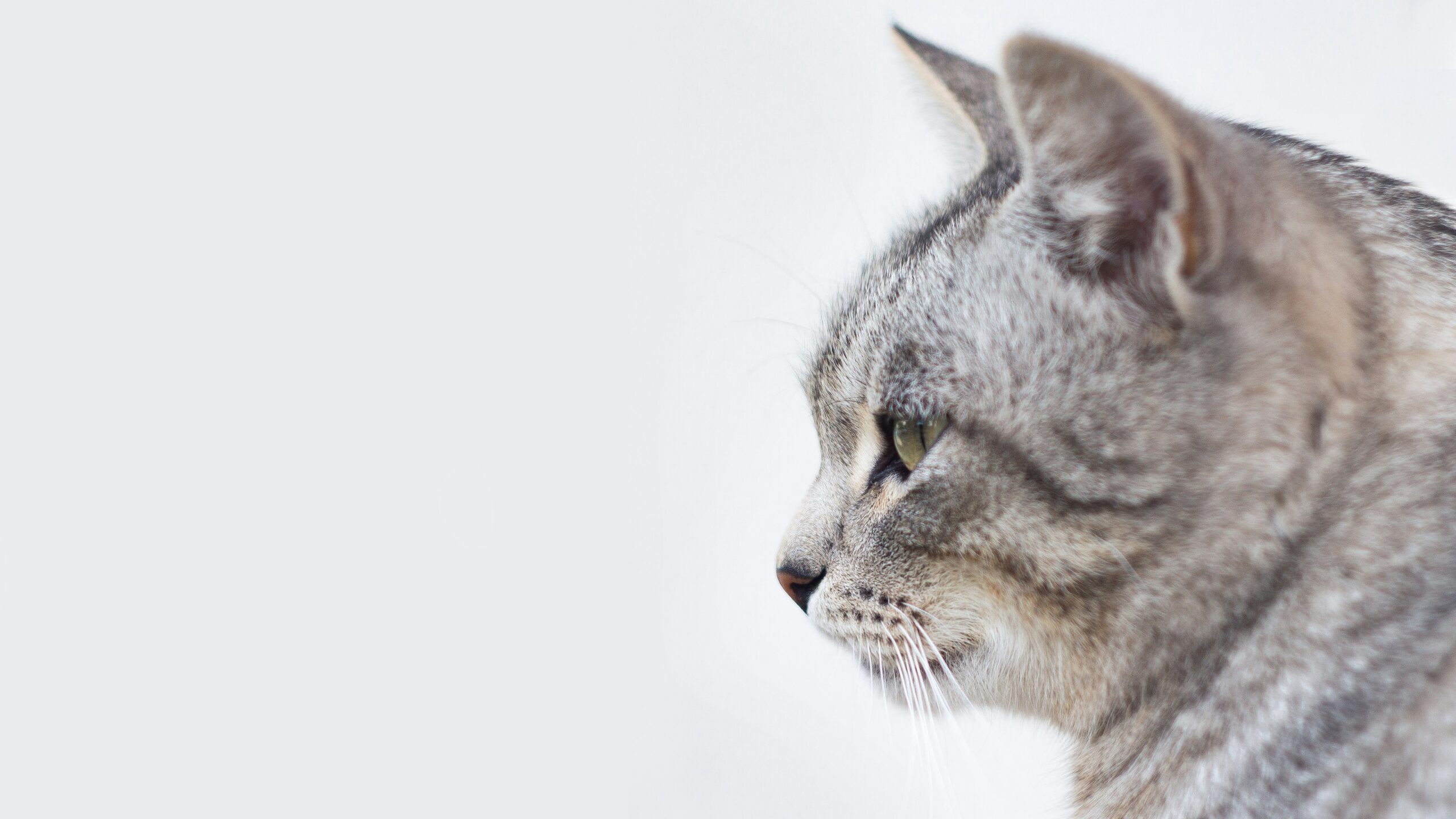
Leave a Reply